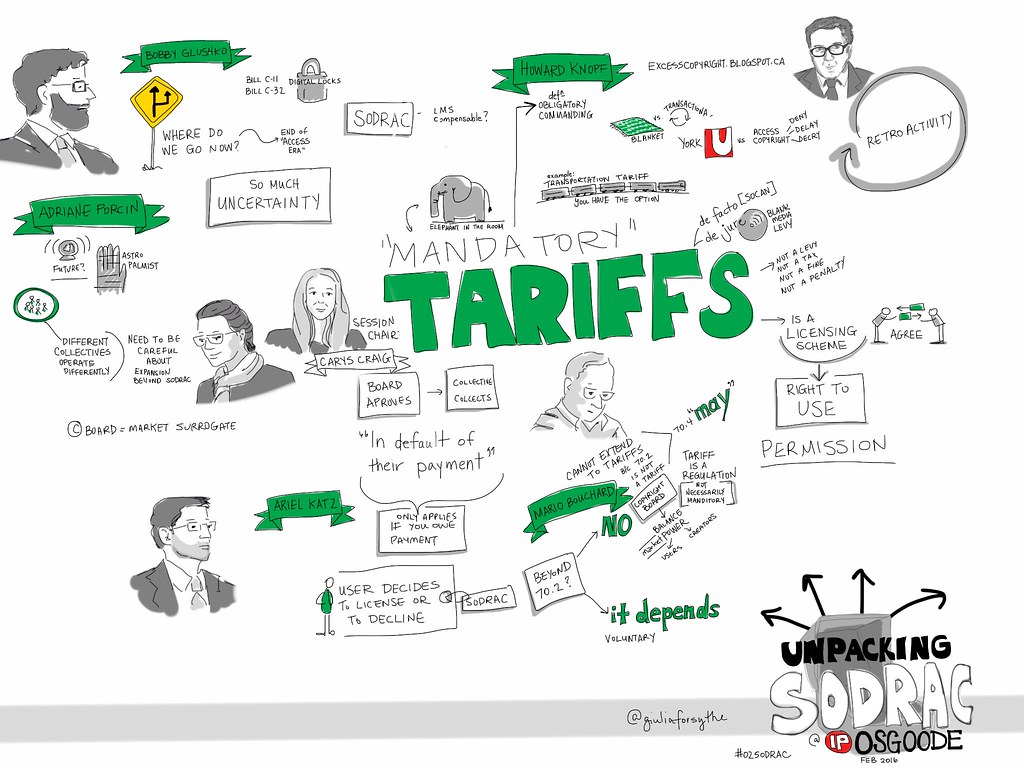Key Takeaways:
- New tariffs on imports from Mexico, Canada, and China are now in effect.
- American families can expect higher prices on everyday items like groceries, cars, electronics, and gasoline.
- All products imported from China now face a 20% tariff.
- These changes could hit your wallet hard, no matter where you shop.
Higher Prices Across the Board
President Trump’s tariffs are making waves for American families. These tariffs are like taxes on goods imported from countries like Mexico, Canada, and China. Starting Tuesday, many items you buy every day will cost more. From food in the grocery store to gas at the pump, the prices are going up.
Groceries: More Money for Same Items
Imagine walking into your local grocery store and noticing that your favorite snacks, fruits, and vegetables cost more. That’s what could happen as tariffs kick in. Many food items come from Mexico and Canada, so you might pay extra for everything from fresh produce to packaged goods.
Cars and Electronics: Bigger Bills Ahead
Planning to buy a new car or a smartphone? Get ready to spend more. Many cars and car parts come from Mexico and Canada. Electronics, like phones and laptops, often come from China. With tariffs in place, these items will likely become more expensive. Even gas prices could rise, making your daily commute pricier.
Why Are Prices Going Up?
Tariffs work like taxes on imported goods. When the U.S. adds tariffs, companies importing these goods have to pay more. To avoid losing money, they pass these extra costs on to you, the consumer. So, the final price you pay at the store goes up.
The Impact on Everyday Shopping
Tariffs don’t just affect big-ticket items like cars and electronics. They also hit everyday essentials. Let’s break it down:
At the Grocery Store
- Fresh fruits and vegetables: Many of these come from Mexico and Canada. With tariffs, they’ll cost more.
- Packaged foods: Items like cereal, snacks, and even some meats might see price hikes if ingredients are imported.
At the Gas Pump
- Gas prices could rise if tariffs affect oil imports. This means filling up your car could cost more.
At the Electronics Store
- Smartphones, computers, and gaming consoles: If they’re made in China, expect them to be more expensive.
At the Car Dealership
- Cars and parts: Many cars sold in the U.S. are made in Mexico or Canada. Tariffs could make them pricier.
In Your Wallet
- All these small price increases add up. Families on a tight budget might feel the pinch the most.
Understanding Tariffs
Tariffs are taxes on imported goods. They’re tools used by governments to protect local industries. The idea is to make imported goods more expensive so people buy American-made products instead. However, tariffs can also lead to higher costs for consumers.
Why Tariffs?
The Trump administration says tariffs are needed to protect American jobs and industries. By making foreign goods more expensive, the government hopes to encourage people to buy American products. But this can backfire if it leads to higher prices for everyday items.
Trade Wars Explained
Tariffs can sometimes start what’s called a trade war. If the U.S. adds tariffs on goods from other countries, those countries might retaliate by adding tariffs on American goods. This can lead to higher prices for everyone involved.
What’s Next?
How Long Will Prices Stay High?
It’s hard to say. Tariffs can be changed or removed at any time. But for now, prices are likely to stay high. Families may need to adjust their budgets or look for ways to save money.
How Can You Save?
- Shop smart: Look for sales or buy items that aren’t affected by tariffs.
- Buy local: If possible, choose products made in the U.S. to avoid tariff-related price hikes.
- Plan ahead: Save money where you can, in case prices keep rising.
The Bigger Picture
Tariffs are just one part of a larger strategy. They can help some American businesses but hurt others. For now, the focus is on how they affect your daily life and budget.
Final Thoughts
Tariffs are a complex issue, but their impact on American families is clear: higher prices for everyday items. Whether you’re shopping for groceries, filling up your car, or buying electronics, you’ll likely feel the effects of these tariffs. As the situation unfolds, families are bracing for the financial hit ahead. Stay informed, and plan your budget wisely.
